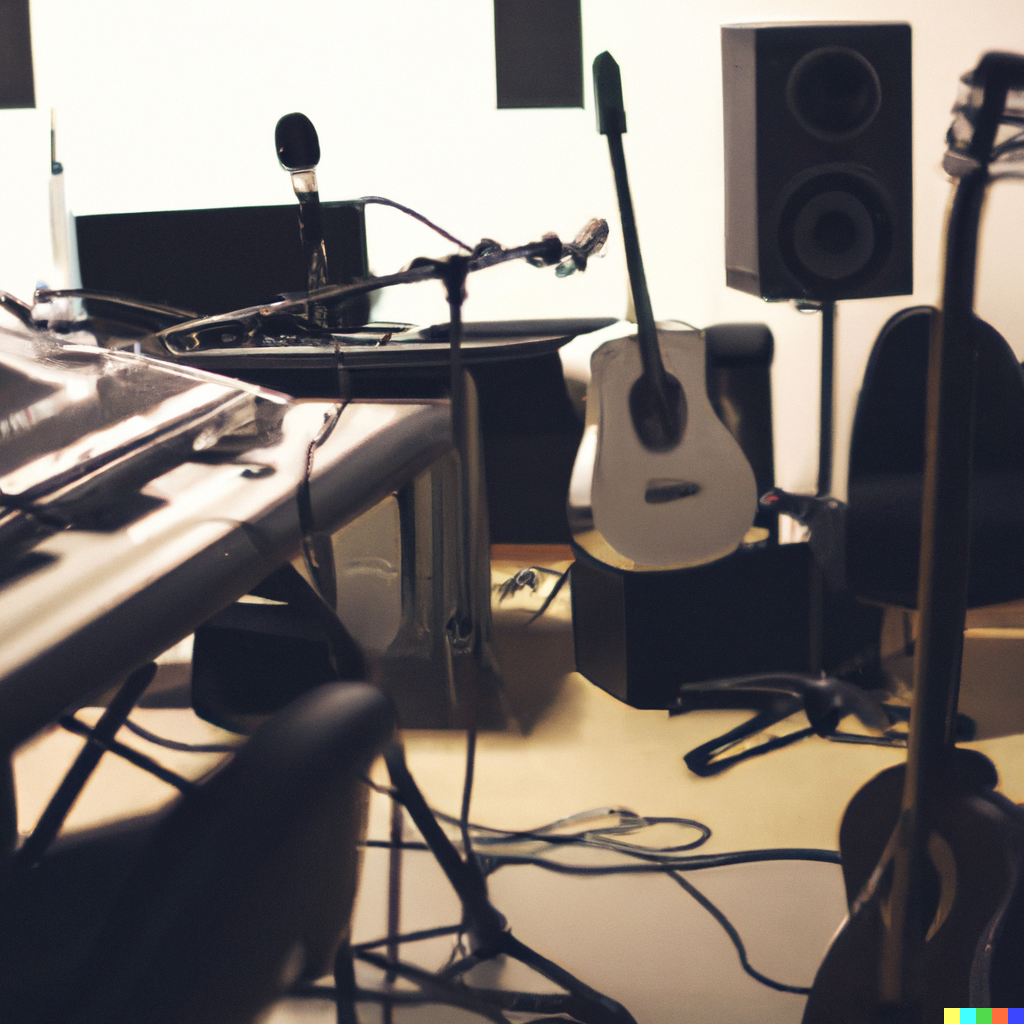What Is Engineering Music: An Exploration of Sound and Technology
Music has always been a vital part of human culture, and with the advancement of technology, it has become possible to engineer sound in ways that were unimaginable just a few decades ago. Engineering music is a new and exciting field that brings together the creativity of musicians and the technical expertise of engineers to create unique and innovative sounds. In this article, we will explore what engineering music is, how it works, and what the future holds for this exciting field.
What is Engineering Music?
Engineering music is the process of using technology to create, manipulate, and enhance sound. This involves a combination of electronic devices, software programs, and hardware components that work together to produce music. Unlike traditional music production, which relies on physical instruments and recording studios, engineering music allows artists to experiment with a vast array of sounds and effects to create new and unique compositions.
The History of Engineering Music
The roots of engineering music can be traced back to the early days of electronic music in the 1950s and 1960s. At that time, artists like Karlheinz Stockhausen and Pierre Schaeffer were experimenting with tape machines and other electronic devices to create new sounds and effects. In the 1970s and 1980s, the development of synthesizers and other digital instruments opened up even more possibilities for music engineering.
How Engineering Music Works
Engineering music involves a combination of software and hardware components that work together to create, manipulate, and enhance sound. The process typically begins with the creation of a basic musical composition, which is then enhanced with a variety of sound effects and digital processing techniques.
Some of the key components used in engineering music include:
- Digital Audio Workstations (DAWs): These are software programs that allow artists to record, edit, and mix audio tracks.
- Synthesizers: These are electronic instruments that generate sound through digital oscillators and filters.
- Effects Processors: These are hardware or software components that modify the sound of a track through a variety of effects, such as reverb, delay, or distortion.
- MIDI Controllers: These are devices that allow artists to manipulate digital instruments and effects in real-time.
The Future of Engineering Music
As technology continues to advance, the possibilities for engineering music are virtually limitless. With the rise of artificial intelligence and machine learning, it may soon be possible to create music that is entirely generated by algorithms. Additionally, new hardware and software tools are being developed that will allow artists to create even more complex and intricate compositions.
Benefits of Engineering Music
Engineering music offers a wide range of benefits, both for artists and audiences. For artists, it provides a powerful tool for creative expression, allowing them to experiment with new sounds and effects that were previously impossible. For audiences, it offers a unique and immersive listening experience that can transport them to new and exciting sonic landscapes.
Challenges of Engineering Music
Despite its many benefits, engineering music also poses several challenges for artists and engineers. One of the biggest challenges is the potential for over-reliance on technology, which can lead to a loss of creativity and originality. Additionally, the rapid pace of technological change can make it difficult for artists to keep up with the latest tools and techniques.
Conclusion
Engineering music is a fascinating and rapidly evolving field that offers exciting new possibilities for creative expression. Whether you’re a musician, engineer, or simply a lover of music, there’s no doubt that engineering music will continue to shape the future of music for years to come.


Leave a Reply